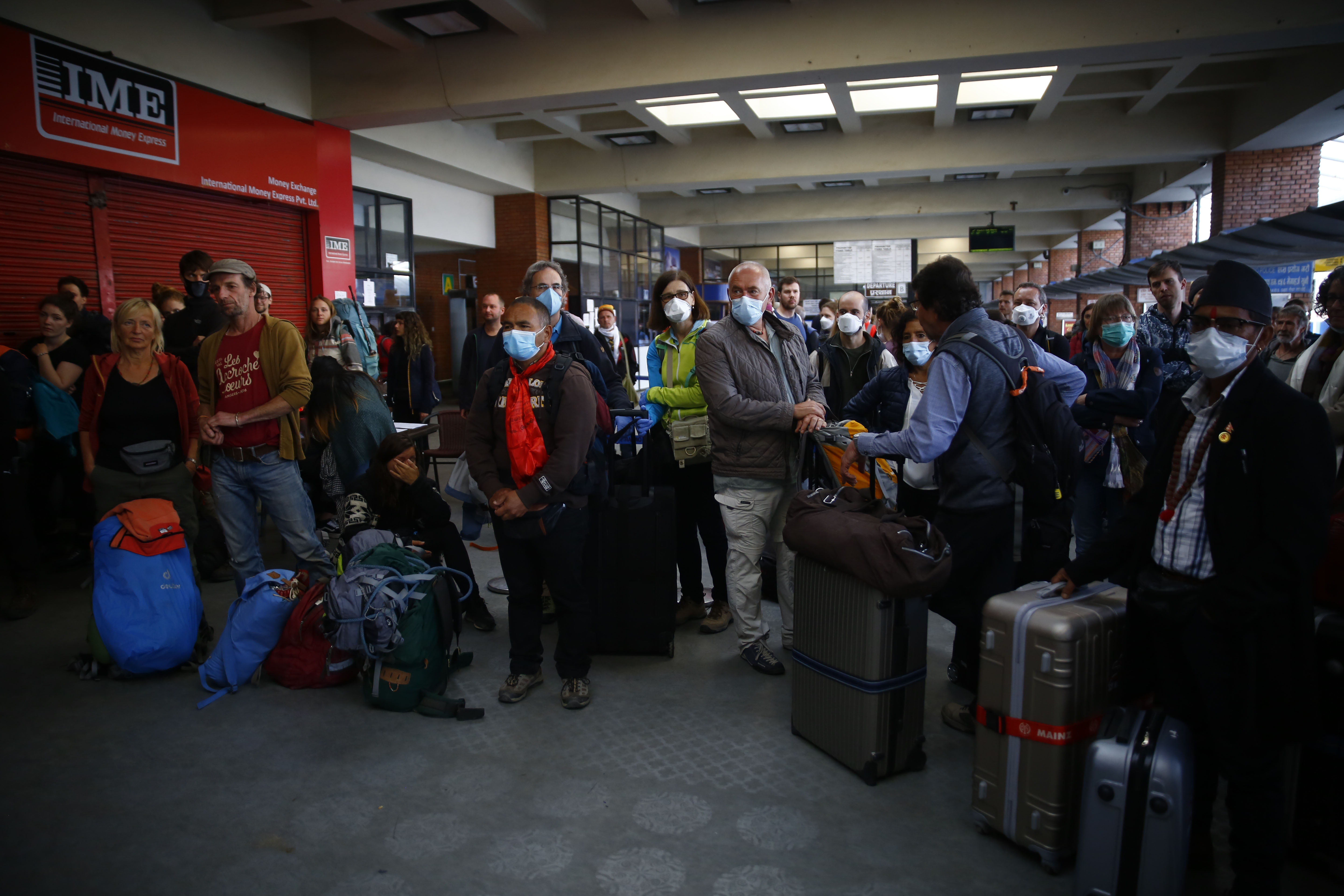Mandatory quarantine: A killer or tourism saviour in new normal
The worst has happened or is the worst still to come? A question no one can answer but can only guess at the moment. Tourism sector is considered as the hardest hit by the ongoing global pandemic. United Nations World Tourism Organization (UNWTO) shared that the pandemic has led to a 98 percent fall in international tourist numbers in the last few months when compared to 2019, which translates into a direct financial loss of USD 320 billion globally. This is more than few folds the loss during the Global Economic Crisis of 2009.
Last year, the travel and tourism fraternity of Nepal was busy welcoming unprecedented number of arriving tourists in the country. The figure of 644,574 corresponding to the first six months of last year declined to 215,449 in 2020 with less than 350 from month of April. Different innovative projects and products of tourism and hospitality were promising factors for the industry as it was witnessing heavy investments. However, the current situation is contradictory as different established companies are downsizing their services and employees, and some are in the verge of closure. There is a serious concern for the survival of the tourism industry during and after the pandemic.
Some countries like the Maldives and Greece have already restarted tourism while other countries are planning to do the same as the situation has become such that it has gone beyond the capacity of our economy to handle. Those countries that have restarted and are about to restart tourism in the so called 'new normal' scenario have their own strict protocols and procedures to ensure safety of visitors and service providers.
Government of Nepal was also planning to re-open the commercial flights on August 17, 2020 which had to be postponed for 15 more days due to rise in COVID-19 cases in the country in recent days. Now, the new proposed date of opening of commercial flights is August 31, 2020. Reopening of commercial flights is an indicator of reopening of tourism, and for that mandatory quarantine rule has been proposed for the visitors, as a safety protocol.
Now, the debate is, "will visitors come to experience hotel quarantine for 15 days?", "why would people visit another country to get stuck inside a hotel for 15 days?" Furthermore, if the country of origin of the visitors have mandatory quarantine rule for their nationals returning from other countries including Nepal, then would the travellers choose to spend one month of their travel time in quarantine? On the other hand, there is a more serious question to consider, "can we risk health of local people by letting visitors come and roam around during the pandemic?"
Latest research findings suggest that safety and security is the key driving factor to determine the preferences of travellers once the sector reopens. People are likely to travel to a place where they would feel safe. This clearly shows that survival of the tourism industry depends on the assurance of safety of visitors and their hosts. So, there does not seem any alternative for quarantining of the visitors.
However, some countries have acted smartly to address this. For instance, Singapore has introduced Safe Travel Pass for some specific countries at present, where with merely a PCR report, the travellers do not require quarantine. Similarly, some countries have made quarantine itself a tourism product like Greece introducing "Quarantine Holidays" in specific sites and properties. Likewise, Singapore practices Stay Home Notice (SHN) where government has designated some residences and places as SHN areas where visitors would enjoy modified quarantine.
Most countries have made PCR tests mandatory (72 hours before the arrival) for the visitors and major symptoms are screened during arrival. In case of symptoms, the visitors would have to take a PCR test on arrival and would be quarantined in case of a positive result.
Nepal has the opportunity to blend some innovative practices to address concerns of all stakeholders and reopen the tourism industry. On doing so, we can assure security of visitors and can save their time so that they can really enjoy in Nepal, after all that's what they would have come for.
Dahal is a Branding and Corporate Partnership Officer at Nepal Tourism Board
Feature Photo: File






